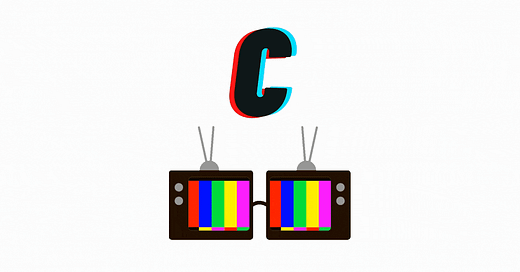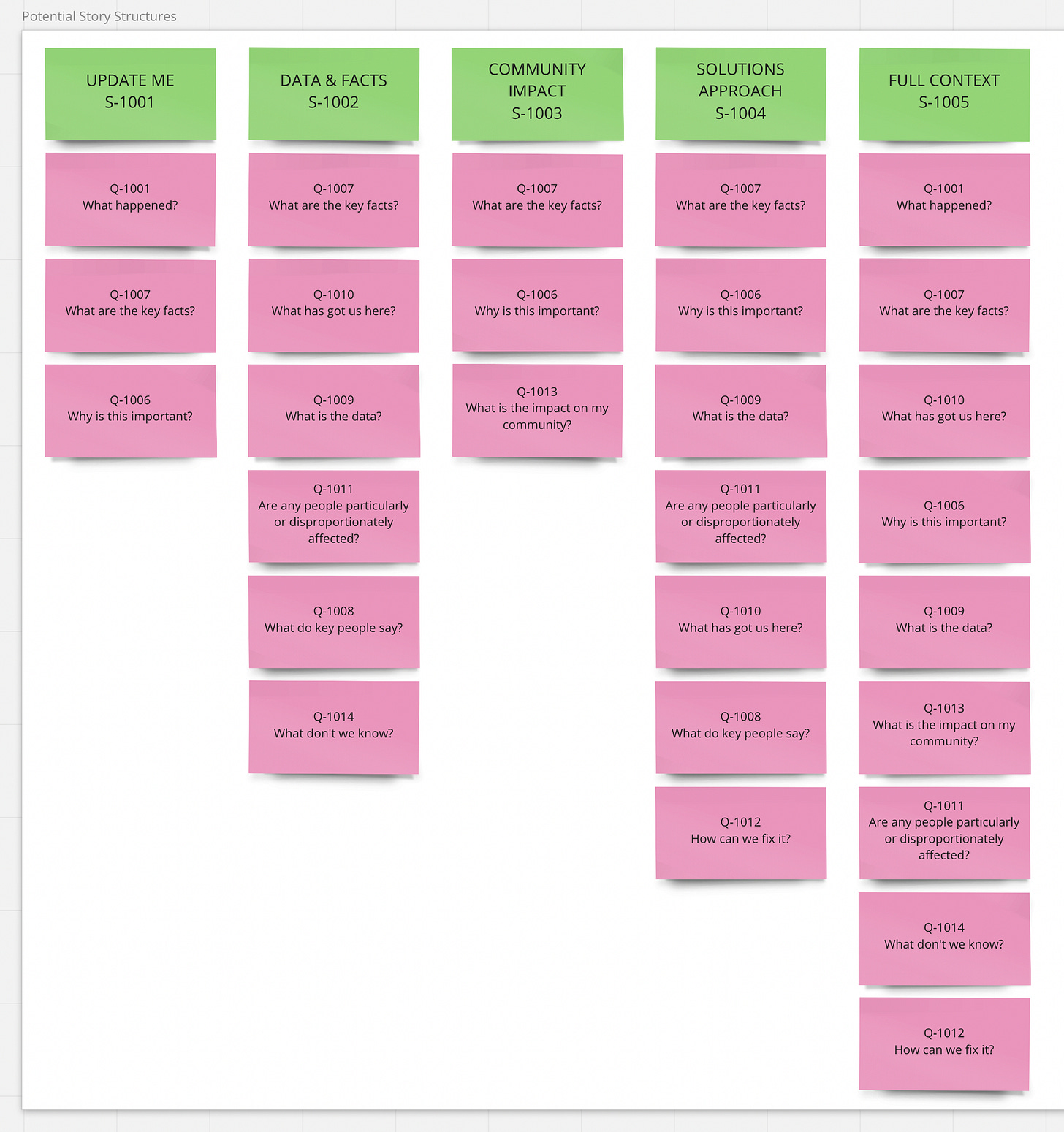Hello all,
This week I have been mostly: trying to find journalist-whistleblowers.
Please feel free to retweet the above, rip the photo from the tweet and share that, or share the following plain text:
Have you been pressured into writing/editing something you felt was wrong?
I'm writing a piece about climate denial/delayism in media coverage (and working on a wider series about journalists in the UK and control over their own work).
If you've been pressured to write, contribute to, or edit stories on climate that you felt were incorrect or in any way misleading, please get in touch.
You can reach me on Twitter by DM @elizmizon
It’s Sunday 24th July, 2022
Media News
The Scottish chapter of Youth Strike for Climate has written an open letter to the UK media demanding three changes to coverage of heatwaves: 1) All coverage of heatwaves must feature and be led by climate scientists; 2) All coverage of heatwaves must name the climate crisis and communicate its severity; 3) Coverage of heatwaves must not use “fun in the sun” imagery. (Medium)
A majority of Big Tech companies (Meta, TikTok, Twitter, Apple, Microsoft, Google, Amazon, Netflix and Spotify) have signed up to Indonesia’s new draconian publishing licences. Digital laws in the country mean authorities can censor platforms; in order to retain access to the region, the fourth largest population in the world, the companies have agreed. (FT)
Fox News and MSNBC, two of the States’ leading conservative and liberal broadcasters respectively, have been downgraded by credibility auditor Newsguard, which says they each “fail to adhere to basic journalistic standards”. (Press Gazette)
Full Fact, the London-based fact-checking charity, is developing a tool to fact-check claims in real-time, meaning facts could “flash in chyrons [on-screen graphics] under the faces of politicians and pundits debating on TV”. (Poynter)
Erin Overbey, the New Yorker’s archive editor, has written a frank and meticulous Twitter thread about inequality in legacy media, in which she claims Editor-in-Chief David Remnick added mistakes into her copy when she was already on probationary watch for speaking up about inequality.
The head and deputy head of Goldsmith’s media department have been suspended after they wrote to students about the results of ongoing strike action by academics. (openDemocracy)
The House of Lords Communications and Digital Committee has rejected the idea a paywall could fund the BBC, but is reported to be considering a council tax levy in the event that the Tories’ are able to enact their plan to scrap the license fee in 2027. (The Guardian)
Netflix is being sued for breach of labour laws by a contestant of ‘Love Is Blind’. Jeremy Hartwell alleges that “producers encouraged the cast to drink alcohol, while limiting access to food and water and underpaying them.” (BBC)
After years of claiming it was committed to promoting and funding the new industry as a response to accusations that Big Tech has been siphoning news’ economic model, Facebook has announced it will be “reallocating resources” from Facebook News and its newsletter platform Bulletin, to focus on the creator economy. (WSJ)
Justice secretary Dominic Raab has announced courts will get new powers to dismiss Slapp cases (strategic lawsuits against public participation, a type of lawsuit that the wealthy can use to kill critical stories) against reporters. (The Guardian)
In their latest news consumption report, Ofcom has claimed that for the first time social media is the most popular news source among UK teenagers, bumping the previous source, the BBC, off the top spot. However, their presentation of the data obscures the fact that the BBC's social media platforms are popular with teens. Professor Steve Barnett of the University of Westminster claims that when you take into account BBC social accounts they remain the top news source for all demographics. (Variety/Steve Barnett on Twitter)
The Guardian has given its editor-in-chief Katherine Viner a £150k (42%) pay rise, even after it only recently raised freelancer pay 5% for the first time in over a decade, and published coverage about ‘profiteering bosses’. (The Telegraph)
Tech workers at The Atlantic will follow their editorial colleagues in forming a union. (HuffPost)
Both Tory leadership candidates are believed to back plans to privatise Channel 4, spelling bad news for the 96% of the public who reject the sale of the broadcaster. Rishi Sunak has publicly spoken of his support for the plans and, although she hasn’t spoken on the issue publicly, Liz Truss is reported to support them also. (The Guardian)
Channel 4 has published new guidelines, developed with disabled talent such as comedian Adam Hills, for the representation of disability and people with disabilities in broadcasting. (Channel 4)
The BBC has celebrated its centenary by releasing over 30k items from its archive online. The material is categorised by region and can be downloaded and used non-commercially. (BBC)
Campaigns + Content
Sign the open letter to demand the reinstatement of Des Freedman and Gholam Khiabany, the head and deputy head of Goldsmiths media dept, who have been suspended after writing an email to students about how the ongoing strike action could affect their graduation.
Shirish Kulkarni of the Bureau for Investigative Journalism has published his research findings on how presenting news in a modular format may help engagement:
Why the future of journalism is modular
In the Washington Post, journalist Amanda Ripley asks how, if even news creators are avoiding the news to prevent overwhelm, we might solve that for ourselves and our audiences:
“I stopped reading the news. Is the problem me — or the product?”
Five internet culture journalists tell the Columbia Journalism Review about their jobs in “Very Online”
The New Yorker’s Isaac Chotiner has published an interview with Alan Dershowitz in which he subtly takes him down, and explicitly fact-checks his claims that he has been ‘cancelled’. It’s a pretty brilliant read:
In case you need a pick me up:
That’s all for this week, folks.
Love.Eliz











